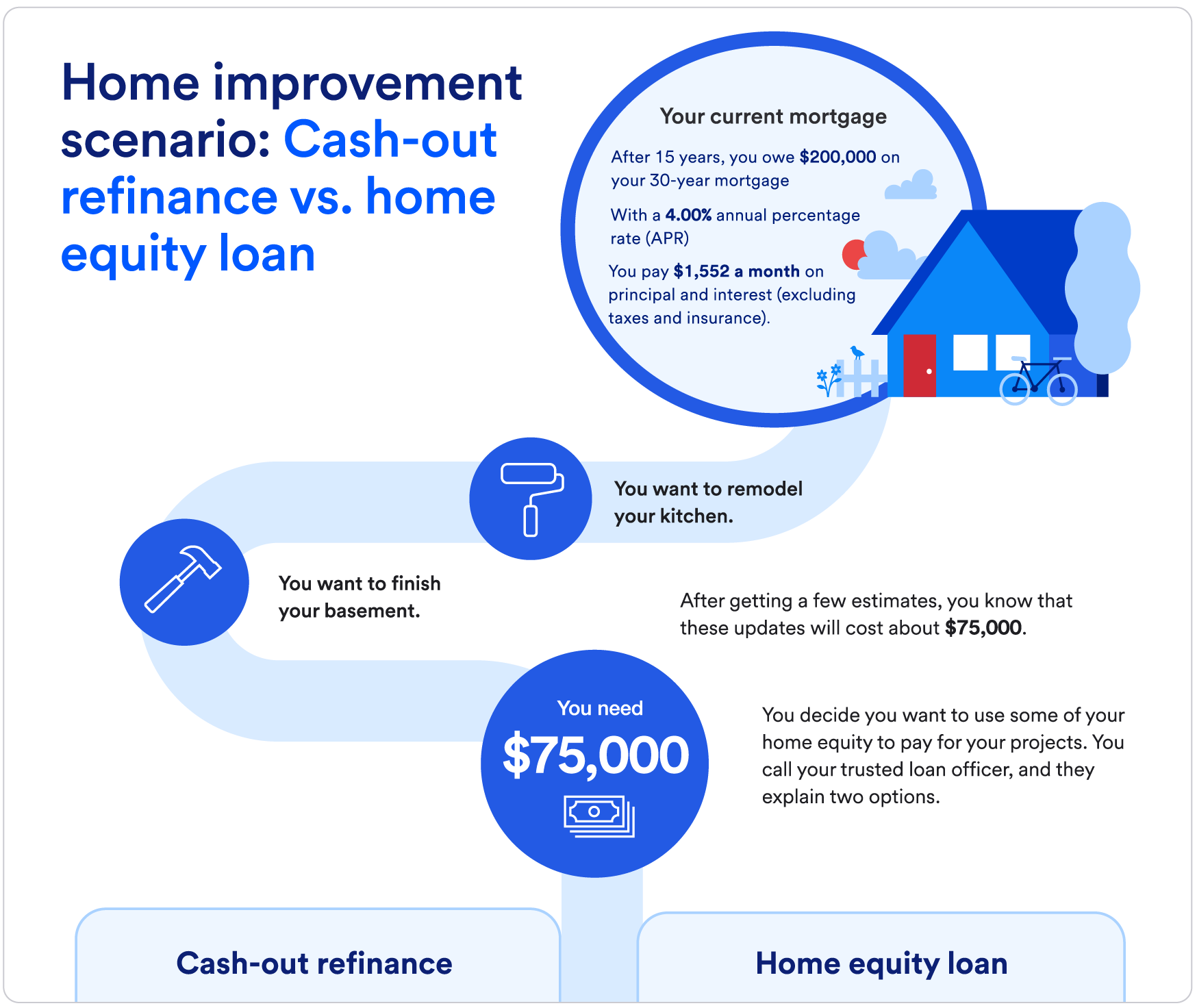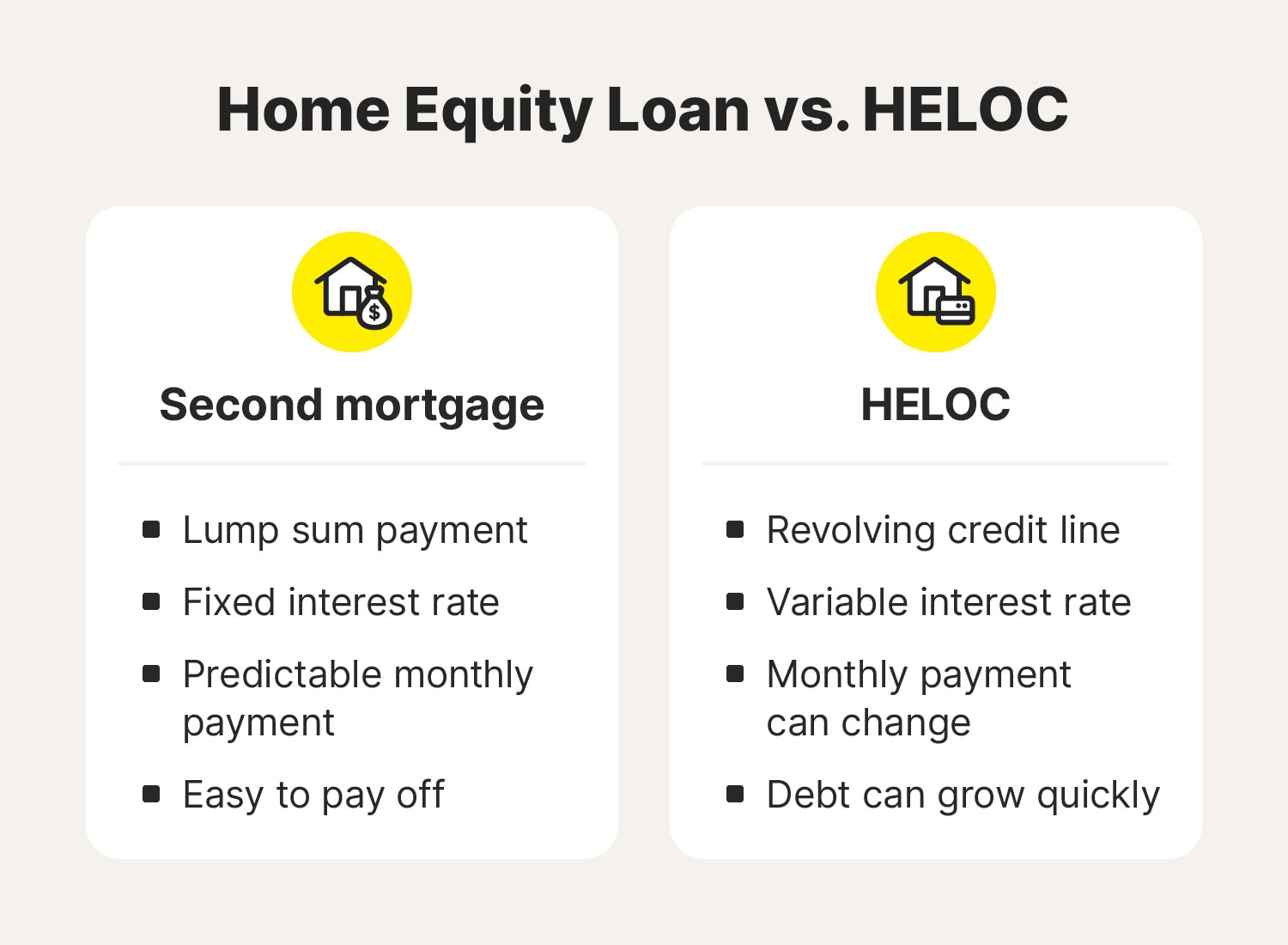Understanding Charges and Rates on Equity Release Mortgages
Understanding Charges and Rates on Equity Release Mortgages
Blog Article
How Equity Release Mortgages Can Impact Your Financial Future and Retired Life Plans
Equity Release mortgages present both possibilities and challenges for people preparing their financial futures and retirement. They can give immediate liquidity, reducing the burden of living costs. However, these products additionally decrease the worth of estates, impacting inheritance for successors. Comprehending the subtleties of equity Release is necessary. As individuals explore their choices, they must take into consideration the broader implications on their economic wellbeing and heritage. What choices will they encounter in this facility landscape?
Understanding Equity Release Mortgages: What You Need to Know

Types of Equity Release Products Available
Equity Release items come in various forms, catering to different requirements and choices of property owners. The 2 key types are lifetime home mortgages and home reversion plans.Lifetime mortgages allow homeowners to obtain versus their residential or commercial property while preserving possession. The funding, plus interest, is usually repaid upon death or when the home is marketed. This alternative gives adaptability and enables continued house in the home.Conversely, home reversion plans involve selling a part of the building to a service provider for a round figure or regular settlements. The property owner preserves the right to reside in the home until they pass away, yet the service provider gains ownership of the sold share.Both items have distinct benefits and factors to consider, making it crucial for people to evaluate their economic circumstances and lasting goals prior to proceeding. Comprehending these options is crucial for notified decision-making regarding equity Release.
How Equity Release Can Offer Financial Relief in Retirement

Immediate Money Access
Several retired people deal with the obstacle of taking care of repaired revenues while navigating increasing living costs, making immediate cash access an essential consideration. Equity Release home loans use an effective solution, permitting home owners to access the worth of their residential or commercial properties without the requirement to offer. This economic device makes it possible for senior citizens to access a lump sum or routine repayments, offering them with the necessary funds for daily costs, unexpected expenses, and even pastime. By taking advantage of their home equity, retirees can reduce financial anxiety, keep a comfortable way of living, and maintain their savings for emergencies. Immediate cash money access through equity Release not only enhances economic flexibility yet likewise encourages senior citizens to appreciate their retired life years with greater assurance, devoid of instant financial restraints.
Financial Debt Loan Consolidation Advantages
Accessing instant cash can considerably enhance a retired person's financial circumstance, but it can likewise work as a tactical device for managing present financial debts. Equity Release home mortgages provide a possibility for retirees to use their home equity, providing funds that can be utilized to settle high-interest financial obligations. By settling these debts, retired people may decrease regular monthly financial burdens, permitting for an extra convenient budget. This method not just streamlines funds yet can additionally improve general monetary security. Furthermore, the cash acquired can be allocated towards important expenses or investments, additionally sustaining retirement. Ultimately, utilizing equity Release for financial obligation loan consolidation can result in substantial lasting monetary relief, enabling retired people to appreciate their gold years with greater assurance.
The Impact of Equity Release on Inheritance and Estate Preparation
The decision to make use of equity Release can substantially change the landscape of inheritance and estate preparation for people and their families. By accessing a portion of their home's value, property owners might considerably decrease the equity readily available to pass on to successors. This choice can produce an intricate dynamic, as people should consider instant financial needs against long-term legacy goals.Moreover, the funds launched with equity can be made use of for different functions, such as improving retired life way of lives or covering unforeseen costs, however this frequently comes at the cost of future inheritance. Households may face challenging conversations relating to assumptions and the implications of equity Release on their financial legacy.Additionally, the obligations tied to equity Release, such as payment conditions and the potential for lessening estate value, call for careful consideration. Inevitably, equity Release can improve not only economic situations but likewise family partnerships and assumptions bordering inheritance.
Tax Implications of Equity Release Mortgages
The tax obligation implications of equity Release home loans are vital for house owners considering this alternative. Particularly, funding gains tax obligation and estate tax can considerably impact the monetary landscape for people and their successors (equity release mortgages). Understanding these factors to consider is important for efficient monetary preparation and monitoring
Capital Gains Tax Obligation Factors To Consider
While equity Release home loans can supply homeowners with prompt economic alleviation, they also bring possible tax effects that should be thoroughly thought about. One key element is capital gains tax obligation Continue (CGT) When a house owner releases equity from their property, they might face CGT if the residential property worth boosts and they make a decision to market it in the future. The gain, which is computed as the distinction in between the market price and the initial purchase cost, undergoes tax obligation. Nevertheless, house owners can take advantage of the primary residence alleviation, which might spare a portion of the gain if the home was their primary home. Recognizing these nuances is crucial for homeowners intending their financial future and evaluating the long-lasting effect of equity Release.
Inheritance Tax Obligation Implications
Considering the prospective effects of estate tax is essential for property owners going with equity Release home mortgages. When homeowners Release equity from their residential property, the quantity taken out might affect the value of their estate, potentially increasing their inheritance tax obligation liability. In the UK, estates valued over the nil-rate band limit are subject to estate tax at 40%. Therefore, if a home owner uses equity Release to fund their retired life or other expenses, the continuing to be estate may considerably decrease, influencing beneficiaries. Additionally, house owners should consider the timing of equity Release, as early withdrawals could cause greater tax effects upon death. Understanding these elements is important for effective estate planning and making certain that beneficiaries get their desired legacy.
Assessing the Dangers and Advantages of Equity Release
Equity Release can provide substantial monetary benefits for homeowners, yet it is vital to assess the connected dangers before proceeding. One of the main advantages is the capacity to accessibility tax-free money, enabling individuals to money their retirement, make home renovations, or aid relative economically. However, the implications on inheritance are significant, as releasing equity reduces the value of the estate passed on to heirs.Additionally, rates of interest on equity Release items can be more than traditional home loans, leading to raised financial debt with time - equity release mortgages. Home owners have to also think about the potential effect on means-tested benefits, as accessing funds may impact qualification. The complexity of equity Release products can make it testing to understand their long-term implications totally. Because of this, while equity Release can give immediate monetary alleviation, a comprehensive assessment of its benefits and dangers is important for making educated decisions concerning one's financial future
Making Enlightened Choices About Your Financial Future
House owners deal with a wide range of options when it pertains to handling their economic futures, especially after pondering options like equity Release. Educated decision-making is crucial, as these choices can substantially influence retired life plans and total monetary health. Homeowners need to start by thoroughly investigating the effects of equity Release, consisting of potential influences on inheritance and future treatment expenses. Engaging with financial advisors can give customized insights, making it possible for individuals to understand the long-term effects of their decisions.Moreover, house owners need to consider alternate options, such as scaling down or various other forms of financing, to identify the most appropriate path. Reviewing one's monetary scenario, including debts and properties, is crucial for making a versatile choice. Eventually, a careful assessment of all readily available alternatives will certainly equip home owners to browse their financial futures with confidence, guaranteeing they line up with their retired life objectives and personal ambitions.
Often Asked Questions
Can I Still Move Home if I Have an Equity Release Home Loan?
The individual can move home with an equity Release mortgage, however have to stick to particular lender problems. This often includes settling the existing home loan, which can influence their monetary circumstance and future plans.
How Does Equity Release Impact My State Advantages Eligibility?
Equity Release can influence state advantages qualification by enhancing assessable income or funding. Individuals may experience decreases in benefits such as Pension Credit Scores or Real estate Benefit, possibly impacting their total economic support throughout retirement.
What Takes place if I Outlast My Equity Release Plan?
If a private outlasts their equity Release plan, the home loan normally why not look here stays essentially until their death or relocating into lasting treatment. The estate will certainly be in charge of working out the financial obligation from the residential or commercial property's value.
Can I Repay My Equity Release Mortgage Early?
Paying off an equity Release mortgage early is typically feasible but might include fines or fees. Debtors must consult their lender for specific terms, as each strategy differs in problems relating to early settlement choices.
Exist Age Constraints for Getting Equity Release?
Equity Release typically imposes age limitations, usually calling for candidates to be a minimum of 55 or 60 years old. These limitations assure that people are approaching retired life, making the plan better for their monetary situation.
Final thought
In summary, equity Release mortgages offer a prospective monetary lifeline for retirees, providing instant cash money access to improve lifestyle. They come with significant considerations, including impacts on inheritance, estate preparation, and tax responsibilities. Completely assessing the benefits and dangers is important for ensuring that such decisions align with long-lasting economic goals. Consulting with a financial consultant can help individuals navigate these intricacies, ultimately supporting a more safe and enlightened financial future. Equity Release home loans are financial items made for homeowners, commonly aged 55 and over, enabling them to access the equity linked up in their residential property. Equity Release home loans supply a chance for senior citizens to tap right into their home equity, offering funds that can be utilized to consolidate high-interest financial obligations. Households might face hard discussions regarding assumptions and the effects of equity Release on their financial legacy.Additionally, the commitments tied to equity Release, such as payment problems and the potential for reducing estate worth, need careful consideration. While equity Release home loans can supply homeowners with prompt financial alleviation, they likewise carry potential tax effects visit homepage that must be meticulously taken into consideration. The ramifications on inheritance are significant, as launching equity decreases the value of the estate passed on to heirs.Additionally, rate of interest prices on equity Release items can be greater than conventional home loans, leading to enhanced financial obligation over time.
Report this page